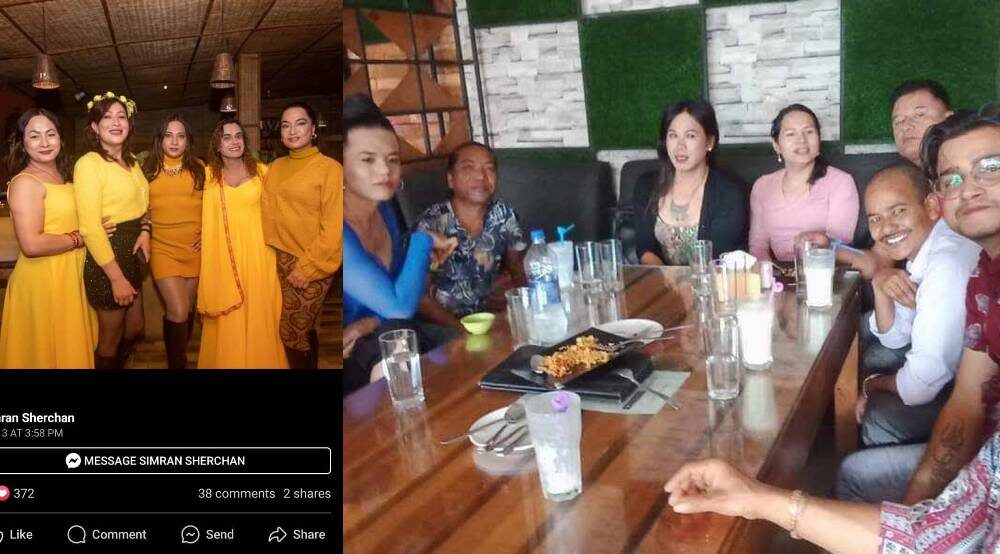Nepal’s SGM organisations face conflict of interest accusation

15th June, Kathmandu
Disagreements have surfaced within the sexual and gender minority community, raising concerns about the transparency and ethical practice of some SGM organisations.
Particularly Blue Diamond Society (BDS), the Federation of Sexual and Gender Minorities-Nepal (FSGMN) and Cruiseaids Nepal have been accused of working for their vested interests.
They have been charged with violating the principles of “Conflict of Interest” and lacking transparency.
These organisations are working on the same projects funded by the same donor agencies, and their members and staff are violating conflict of interest norms.
For instance, they have presidents and board members who work in parallel roles, participating in decision-making processes that, de facto, control all three entities. This clearly breaches the conflict of interest principle, as they influence and execute the decisions that benefit only these leaders.
Examining the composition of these organisations reveals a small team controlling the majority of funding and mutually supporting each other. For instance, the BDS president is a Technical Advisor of Cruiseaids Nepal, and the president of Cruiseaids Nepal is in the programme team of BDS. Similarly, the BDS director is the president of the Federation (FSGMN), so on and so forth.
This close-knit group safeguards each other, and is adept at propaganda by planting stories and orchestrating meetings with donors and government representatives using misleading facts, often playing the victim card and vilifying good leaders from the community to serve their purpose. They also threaten their junior staff and staff in the district of snatching away their jobs if they say anything against them.
Notably, Monika Shahi, a rights activist for the third gender, was reportedly removed as an employee at BDS when she demanded transparency and democratic procedures in selecting the leadership within the organisation. Now, BDS has prevented her from participating in any related programmes in retaliation, she said.
The SGM organisations have been blamed for carrying out the “wrong” campaign for gender reassignment and hormone therapy for their personal interests, leading to potential adverse health effects even to the extremity of death in some cases. This has now drawn concerns within the community.
These NGOs in collusion with the Family Planning Association of Nepal (FPAN) have been openly running hormone clinics, thus inciting gender reassignment.
They have gone to the extent of attacking those who raise question about the lack of transparency with these organisations.
Simran Sherchan of the FSGMN levelled the hard-earned SGM identity as a traditional mindset in an attempt to divert the issue of transparency.
These organisations have opposed to the inclusion of the community under “other” gender category in official documents. They have instead advocated for identifying the community as male or female even by opting for gender reassignment or hormone therapy, which is “illegal” as per the constitution of Nepal.
In the guidelines issued by the Ministry of Home Affairs on December 31, 2012, it has been said that sexual and gender minorities include homosexuals, third genders, bisexuals, and intergenders.
One is free to identify themselves as something than the specified categories. However, SGM members are of the view that it is important to be aware of the violation of the rights of others when it comes to their human rights. They have referred to the above mentioned SGM organisations.
Members of the community have warned of exposing them if they continue opting for ways to cover up their “wrongdoings”.







